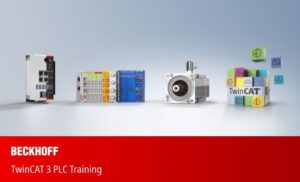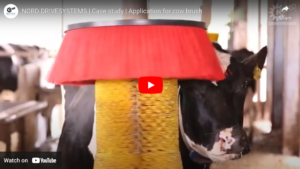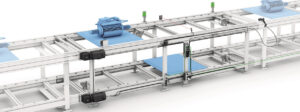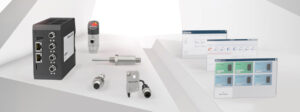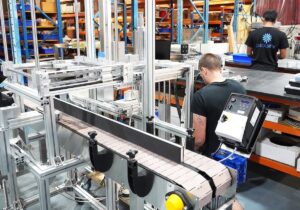Flexibility is key to survival. We need to constantly change our ways of thinking and manufacturing to thrive. There is no such thing as business as usual in manufacturing and there shouldn’t be. You need to consistently innovate to meet the demands of your customers. There are clear challenges in forecasting these demands. The best solution is to employ flexible manufacturing systems.
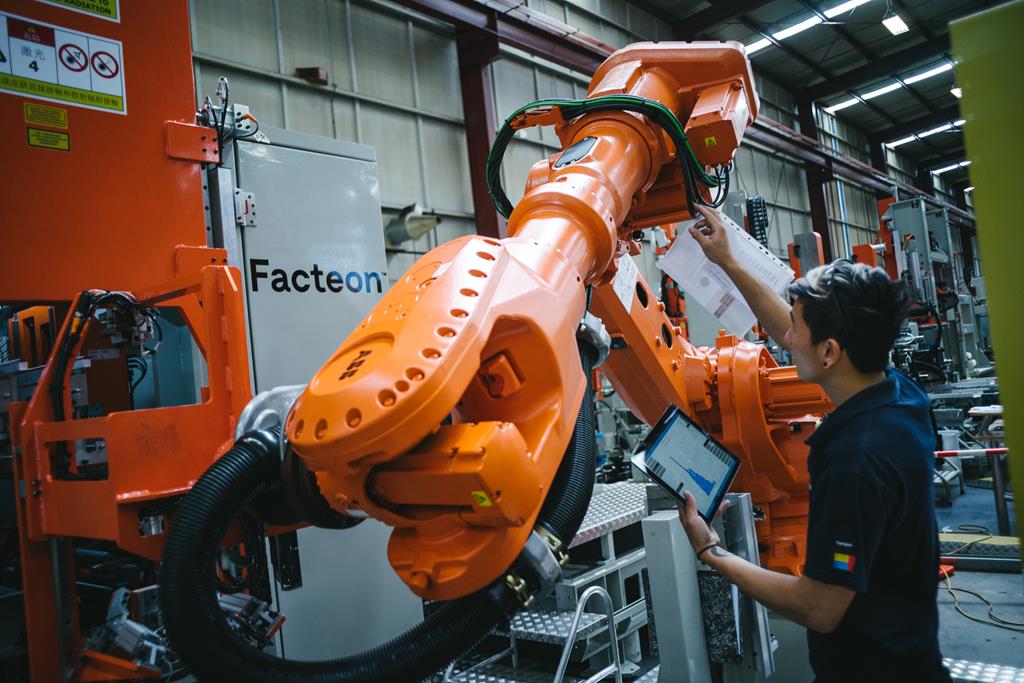
The Rise of Robotics Paired with the Facteon Approach
Facteon has been offering flexible manufacturing systems for decades on a grand scale. Robotics is becoming more intelligent and affordable. This has allowed manufacturers across the globe to access these new technologies to cultivate their own competitive advantage. The rise of robotics is, of course, closely linked to the growth of Industry 4.0. Understanding how to effectively integrate and utilise new technologies is part of the challenge. As a result, business units operating in silos are incapable of designing and providing smart manufacturing solutions. Our approach is rooted in seamless integration between our design, automation, control systems and Industrial IoT teams. This synergy allows us to develop word-class production lines, all with an intelligent digital layer. By that, I mean utilising software to monitor and program machinery that enables greater flexibility. The potential of Facteon’s machinery is dictated by its software, rather than its hardware. This enables the remote configuration of machinery operations and allows simple software updates to enable a machine to produce a greater range of products.
Increased Flexibility Requires Robust Product Tracking
Providing greater flexibility also requires reliable operation monitoring systems and tracking. This is where Facteon’s automation and control systems come in. These systems assess quality of product throughout the manufacturing process. Often, this task is completed using sophisticated machine vision systems and sensors. Facteon’s vision systems can be integrated throughout a line to assess product quality before it moves to the next stage of manufacture. Robots equipped with machine vision are well-suited to repeatable inspection tasks. Compared to the human eye, robots equipped with machine vision are faster, can operate in harsh or dangerous environments and are more accurate. These systems identify product that doesn’t meet your pre-defined quality standards for immediate removal from the line. This reduces defects, increases yield and ensures compliance. It also prevents unnecessary processing of product that doesn’t meet the quality threshold. Ultimately, it reduces costs and increases profit. A growing product range requires a sophisticated product tracking and quality system to ensure every item produced is identifiable and locatable. The value of quality assurance and tracking is demonstrated in the example of mass customisation.
Mass Customisation: A Case Study on Connectivity
“Any customer can have a car painted in any colour that he wants so long as it is black”
– Henry Ford, 1909
Over one century later, customers can have a car painted in almost any colour they want. The credit goes to the phenomenon of mass customisation. The consumer experience has been elevated since the early 1900’s, unsurprisingly. As a result, consumers demand a bespoke experience from the moment they purchase an item. BMW’s Mini has been leading by example for years. A consumer can customise multiple elements of their vehicle, from seat upholstery through to paint colour, before it leaves the factory.
Deloitte research indicates that more than 50% of customers expressed interest in purchasing customised products and services. Close to half are willing to endure a longer wait time and most would pay more for the product or service. Such stats are tantalising. But implementing even select elements of mass customisation is a big challenge. It requires complex coordination of every stage of your supply chain. Whether you’re exploring mass customisation or simply looking to expand your product range to better serve demand, the message is clear. Factories of the future require connectivity.
Serving the Market: Expanding Product Ranges Meet Short Lead Times
Whether you’re a manufacturing giant offering a suite of products or a specialist providing a few key products, your consumers are likely demanding an expanded product range to better suit their needs. Facteon specialises in batch size of one and small batch production. Our approach to custom machinery design favours rapid tool change technologies over multiple, single use machines that may well become redundant if consumer tastes or needs change. Facteon has extensive experience designing, building and installing future-proof production lines. If you need to produce different products in future, it may be as simple as a minor software reconfiguration or the addition of a new tool. Facteon has installed many production lines utilising such technologies. Most notably, a washing machine cabinet line hosted in Haier’s state-of-the-art Huangdao, China facility. As with many flexible manufacturing technologies, these are applicable across industries and markets.
Factory Optimisation with Industrial IoT Tools
The demand to produce an increased product range using flexible manufacturing tools often lends itself to the incorporation of Industrial IoT technologies. As operations become more complex, manufacturers must increase product range and efficiencies while decreasing costs of production.
Facteon offers a range of Industrial IoT factory optimisation tools. Facteon’s software solution, COSMOline, is cloud-based, modular and capable of integrating with your existing manufacturing systems, such as ERP. It allows you to access information on your machinery’s operations in real-time.
The real-time aspect of COSMOline is essential in an age in which an increasing product range is demanded, often on short notice. You’ll have the ability to utilise your existing ERP system to ensure all components required for manufacture arrive on time. The Industrial IoT solution can also integrate with a MES system for production planning. COSMOline can be integrated to record the downtime that results from tool changes, the quality of each product manufactured and the overall product yield per batch. Above all, you can visualise this information in COSMOline’s Reporting module. COSMOline also records manufacturing data for each product in the Quality and Efficiency modules. This allows you to deep dive into specific product types to identify and rectify potential manufacturing bottlenecks. All manufacturers require greater visibility to effectively manage increasingly complex operations.
Choosing a Partner
There are many potential approaches to flexible manufacturing. Whether your business is motivated by a need to implement a mass customisation approach or to gradually expand your product range to better meet customer demand, flexible manufacturing has clear benefits across industries and markets. In selecting a partner to implement these principles, it’s important to select an organisation with high levels of vertical integration. Facteon has decades of experience designing, building and commissioning flexible machinery. To complement this, we also have expertise in robotics, automation, control systems and Industrial IoT. This is central to Facteon’s ability to effectively implement manufacturing systems in which the flexibility of the machine is largely dictated by the automation and control systems possibilities. Facteon has high levels of vertical integration. This has provided us with an unrivaled depth of experience across many aspects of manufacturing.
Source: facteon

